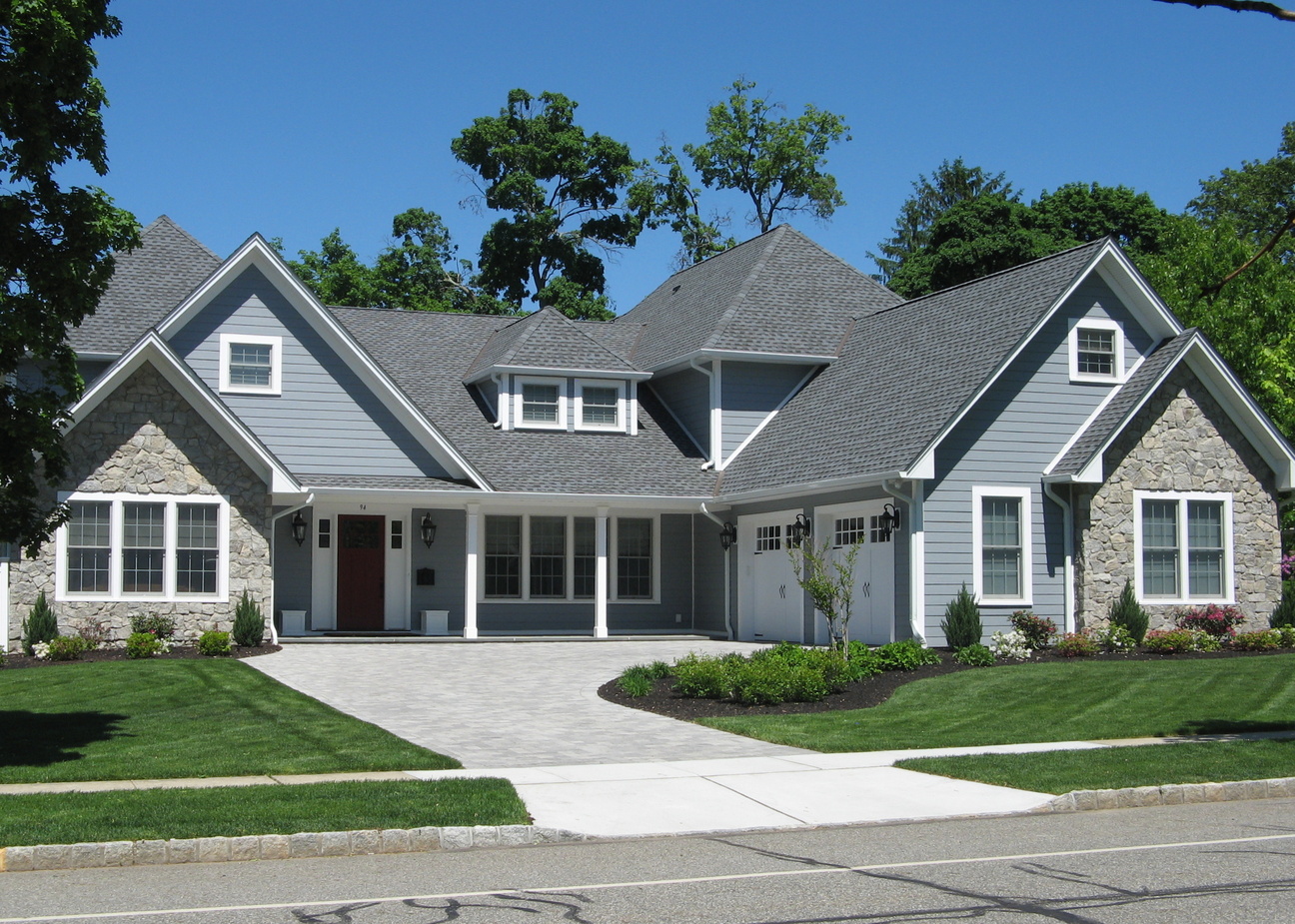Battery Powered Homes

This cutting-edge technology is growing fast. Is it right for you?
With solar panels sprouting on roofs from sea to shining sea, their big weakness is hitting more homeowners where it hurts—in the wallet. A new technology aims to cure that weakness, and to make solar a more profitable investment.
Solar has become practical in nearly all climates. Panels cost half what they did 10 years ago and generate more power per square foot of surface area. They can be a good choice for high-performance homes with low energy demands. These homes use thick insulation, great air sealing, and super-efficient heating, cooling and lighting to reduce power needs to 40% or 50% of the maximum set by energy codes.
But no matter how efficient the house, the elephant in the room for solar has always been that it generates power only in the daytime, when most of us need it least. If the utility won't buy that excess power from you, it ends up being wasted.
At least that used to be the case.
Homeowners can now opt for cost-effective home batteries. The batteries store excess electricity generated while the sun is up, then make that stored power available for use in the evening. Battery capacities range from 4 to 12 kilowatt-hours (kWh), from manufacturers such as LG, Panasonic, Samsung, Sonnen and Tesla.
According to EnergySage, an online energy marketplace, a battery investment will pay back more quickly in some utility markets than in others. It obviously earns its keep where the utility won't buy that excess power, but the financial returns can also be good where customers are charged higher rates at certain times of day. During those times, the home can draw free power from the battery instead of from the grid. Software controls the switch and no one ever notices.
You don't need time-of-day rates to benefit from this technology, however—a battery can lower the monthly electric bill on a solar-equipped home in any market. At dinnertime when there's little to no sunshine and electric use is highest, it can be programmed to supply 100% of the home's power for a few hours.
Batteries are also good to have during a power outage. The electric grid can go down anywhere, anytime—from a storm, a downed utility pole or a ransomware attack. In that case, a single, 4 kWh battery could supply up to 12 hours of power for a few lights, a refrigerator and freezer, and enough outlets for everyone's electronic gadgets.
Not surprisingly, homeowners have warmed to these benefits. Greentech Media Research estimates that US residential battery sales grew five-fold from 2017 to 2018. They even reported growth during the second quarter of 2020, when a wide-ranging economic lockdown temporarily put the brakes on solar panel sales.
Who is buying them? While owners of high-performance custom homes are a strong market, they're not the only ones. Batteries have also become standard equipment in some large housing developments.
Note that if you want the battery to provide backup power during outages, the home needs to be wired for it. In a new build, this is a simple matter of running the circuits the battery will serve back to an electrical subpanel. The extra cost should be quite small compared to the overall budget.
The bottom line is that while home battery technology is still fairly new, its future looks promising. The next few years should see lower equipment costs and better performance, making it a more popular option than ever.